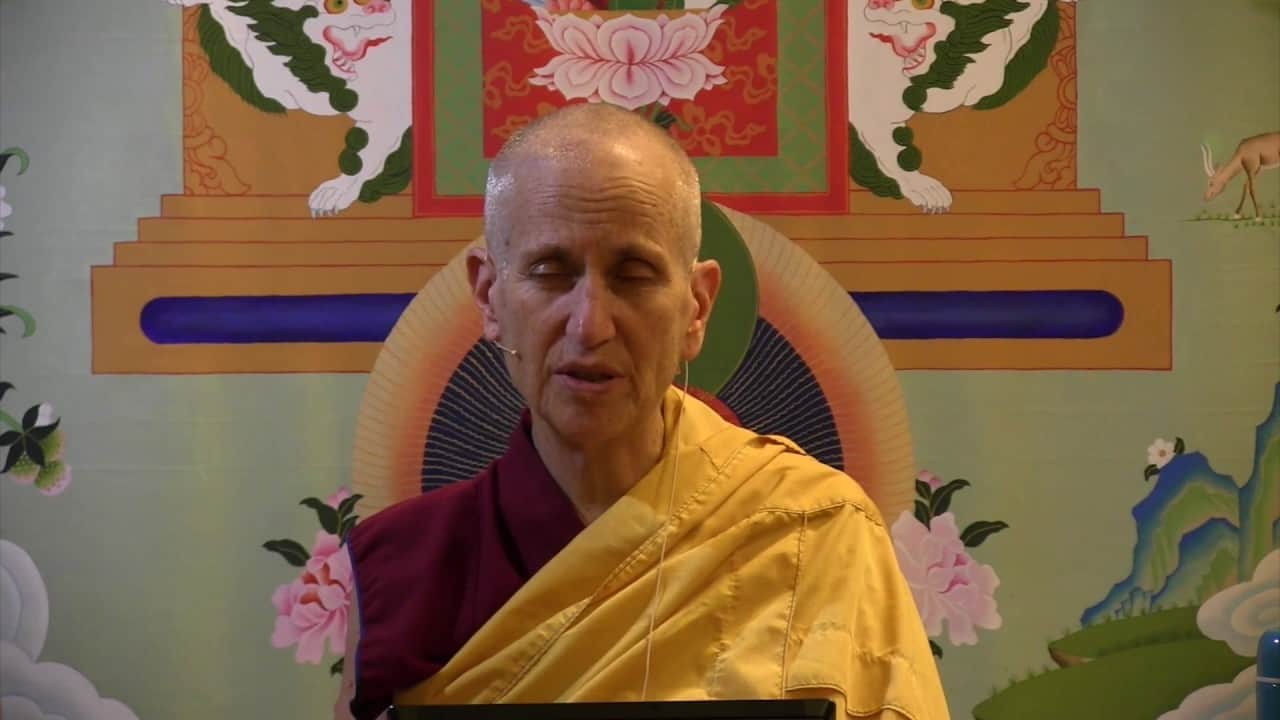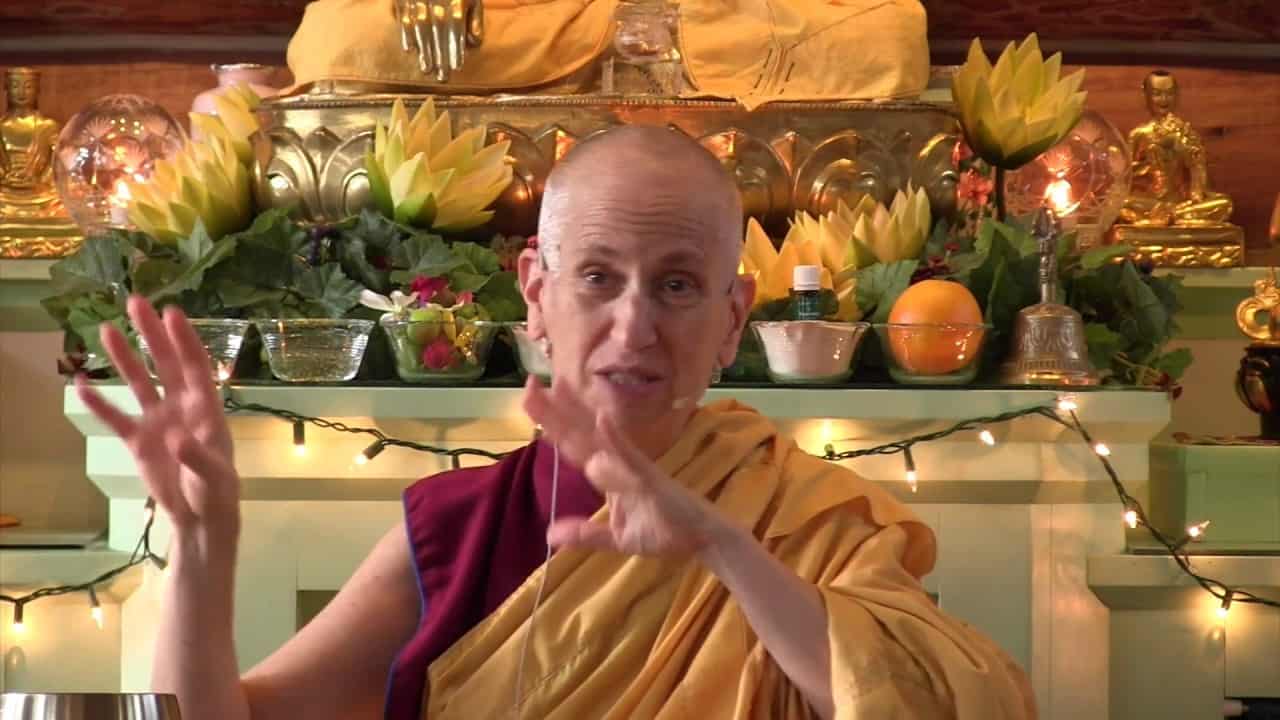The pitfalls of perfectionism
- Looking at others through the lens of who we want them to be
- How perfectionism makes us overly critical of ourselves as well as others
Our talk yesterday on perfectionism was such a hit! At our table at lunch, we just kept talking about it and people were coming up with all sorts of other ideas and thoughts about it. So I thought just to mention and share some of those. I probably haven’t remembered all of them, so I invite you at the end to add on the ones that I’ve forgotten. But one of the ones that really came out was that when we are holding onto perfectionism for ourselves, then of course we want others to be perfect, too, in which case when we look at others we never really see them for who they are, we just see them through the lens of who we want them to be. Not just who we want them to be, who we demand them to be. Because this perfectionism has a certain feeling of demand to it, isn’t? It isn’t just, “I wish people were like this,” it’s like, “they should be, they’re supposed to be, I am demanding they be.”
When we look at people in this way, and we don’t see them for who they are, but through this faulty lens, Then it’s very difficult to connect with them. And if we want to practice on the bodhisattva path, then it is difficult to know how to help them because we aren’t even seeing them. If we can’t tune into who people are, and see them and accept them for what they are, then there’s no way. How are we going to develop the skill of intuitively feeling what they need at a particular moment, what is good to say to them, how it’s good to treat them, how to advise them, because we’re just seeing how we want them to be. So we can’t really be of benefit.
If we do try and be of benefit, we come in with our agenda. Whenever we come in with an agenda of the changes we want to see in somebody else: “They should be this, they should do this, they should, should, should and then they’ll be perfect….” When we come in with an agenda, that’s very disrespectful of others. We’re not really giving them a choice in the matter. We’re again demanding how they should change, which doesn’t work as a good strategy for influencing people in a positive way. Even if we try and moderate our behavior, if we still have that mind that is with our agenda–they’ve got to be perfect–then they’re never going to be perfect, because they’re never going to measure up to what we think perfection is. They’re always going to fall short. So we’ll relate to them, we may try to help them, but we’re never satisfied with them. They always could do more. They should be better. We wind up being basically not connected with others in a very healthy way, but only connecting with them through this screen of our criteria of what they need to do in order to be perfect.
Not only are we never satisfied with other people, but our perfectionism makes us never satisfied with ourselves. We always need more, if the material things are symbolic of perfection for us. Or if it’s deeds done, then we always need to do more in order to be perfect. If it’s skills that we think are perfection, then we always need to develop a new skill or improve a skill somehow to be superlative and definitely better than others. We wind up living our whole lives in dissatisfaction with ourselves, with what we have, with what we do, with other people. Perfectionism doesn’t bring much happiness.
It’s also this thing of the “more and better” that perfectionism is breeding. It also makes it really difficult for us to appreciate our own and others’ good qualities, because instead of looking at the glass half full, we’re seeing the glass, not just as half empty, but ninety percent empty. We’ve got to be the one that fills it up. So we can’t see other people’s good qualities. We can’t see our own. It makes it difficult for us to rejoice in people’s virtue because we can’t see it because whatever they do is insufficient. It makes it difficult for us to rejoice in our own Dharma practice because we aren’t doing enough and we aren’t virtuous enough. Then when our teachers talk about rejoicing, we go, “What are they talking about when they talk about dedicating merit?” We say, “I don’t have any,” which is clearly false because if we really didn’t have any we wouldn’t have met the Dharma to start with.
If we really look at this perfectionism stance and try and be very honest about it, and see it in our own minds…. We have to see it in ourselves. And that’s the difficult part with perfectionism because we’re sure that the perfectionist view is not ours, it’s that other people really should be doing exactly what we think. So we can’t see our own agendas, our own perfectionism, all the criticism and negative view that we dump on other people. We get stuck. So it’s really important to be able to see it and be honest about it, and start to let it go. Appreciate ourselves, appreciate others, have some merit to rejoice in and rejoice in others merit. Rejoice in the goodness of the world, see the good qualities of ourselves and others, and at the same time know that we want to help ourselves and others to improve in the future, but slowly, slowly. You know, things will go on. In that way to live a life with some kind of satisfaction about who we are and what’s going on instead of always, this nagging, you know, nagging, “I should be better, I should do better, they should be better, they should do better.” So are we going to do it?
The people at my table yesterday, other points that I forgot or new points people thought of since yesterday?
Audience: When we get into a vicious cycle of perfectionism, it’s also hard to tell if you’re being lazy, because if you’re not you’re idea, then you think, I’m just lazy.
Venerable Thubten Chodron (VTC): Another thing in this whole thing of perfectionism is I can’t let up on myself because if I let up on myself I’m being lazy. I remember talking to someone; I mean he was a very highly accomplished person, extremely self-critical and he really told me, “I have to do this otherwise I’m sure if I if I stop criticizing myself I just won’t do anything.” I tried to say him, “It’s because you’re criticizing yourself that you can’t change, but there’s this incredible fear and distrust of ourselves that if we let up on this heavy-handedness that we’ll fall apart and the world will fall apart, and nobody will try and change anything for the better. So we have to see that perfectionism is one thing but changing things for the better is something else, and there’s a big difference between those two. Of course, we want to change things for the better, but to do that we have to let go of that perfectionism.
Audience: The problem that comes with that, and is confusing, is that if you are used to conforming to some imaginary role in the future and you start letting up, then you don’t know how to measure yourself. The measurement gets lost. How would I know if I’m lazy? How would I know if I’m doing something moderately? Something moderate might be normal, but I don’t know.
VTC: So this is the fear that if I give up being a perfectionist and strong handed with myself that I don’t have any measurement to measure how I’m doing or what I should do or what I have done. All about me, isn’t? Here I think it’s more a thing of getting in touch with: What are my talents? What are my resources? What are my capabilities? What’s the state of my health, mental health, physical health? What can I be doing? Where do I need to rest? And developing some kind of ability to assess our self in a realistic way and see what we’re capable of doing at one time or another. So we have to develop that new skill of actually tuning into ourselves, maybe being aware of what’s happening in our body, what’s happening in our mind, knowing how to become a doctor to our own mind, how to take care of ourselves physically and then accepting that.
Audience: I was surprised in my early twenties to see that perfectionism and procrastination actually feed each other. In my case, it was because there were projects that I couldn’t follow through on because I cared so much. They had to be perfect and blah, blah…
VTC: So what you found is another disadvantage of perfectionism is that you set such a high goal and there were things you cared so much about accomplishing and they were so high there that you couldn’t even start to do them because you automatically assume that you wouldn’t measure up. Or you would start to do them and then you would just kind of throw up your hands and say, “It’s too much.” So we give up on ourselves and we don’t try and then, of course, we don’t. Those things don’t get accomplished because our mind is saying it has to either be perfect or it can’t be done at all. If I can’t do it perfectly, well then, I just won’t do it. If I can’t become Buddha by Tuesday, why even try and oppose my anger today? If I can’t realize emptiness by Thursday, first you have to become Buddha, then you realize emptiness, but this is how the mind is thinking. If I can’t realize emptiness by Thursday, then I’m not going to even try and deal with all my attachment today because if I can’t deal with my attachment, then I can’t realize emptiness and my attachments just too great. So we just give up on ourselves and [say,] “Let’s go have a drink.” Or whatever our way of self-medicating is: go to sleep, surf the internet…
Audience: Since this is so deeply ingrained in our existence, I wonder if we can even do it by ourselves. With musicians, you have an outside ear. With an artist, you have an outside eye. I wonder to get started, we communicate with someone in the community the project we are working on and get their feedback, and see where these tendencies are happening.
VTC: So this is actually something, you know how we have empathy partners? This is something that could be a very good exercise with your empathy partner. To ask them for feedback and to share with them your wish to start to change this and to share with them how you’re doing. Then they can show empathy and give encouragement, but you have to stop wanting your empathy partner to be perfect. I think that could be a very good exercise, like you pointed out, to say to somebody this is what we want to work on.
The previous talk can be found here: On perfectionism.
Venerable Thubten Chodron
Venerable Chodron emphasizes the practical application of Buddha’s teachings in our daily lives and is especially skilled at explaining them in ways easily understood and practiced by Westerners. She is well known for her warm, humorous, and lucid teachings. She was ordained as a Buddhist nun in 1977 by Kyabje Ling Rinpoche in Dharamsala, India, and in 1986 she received bhikshuni (full) ordination in Taiwan. Read her full bio.


